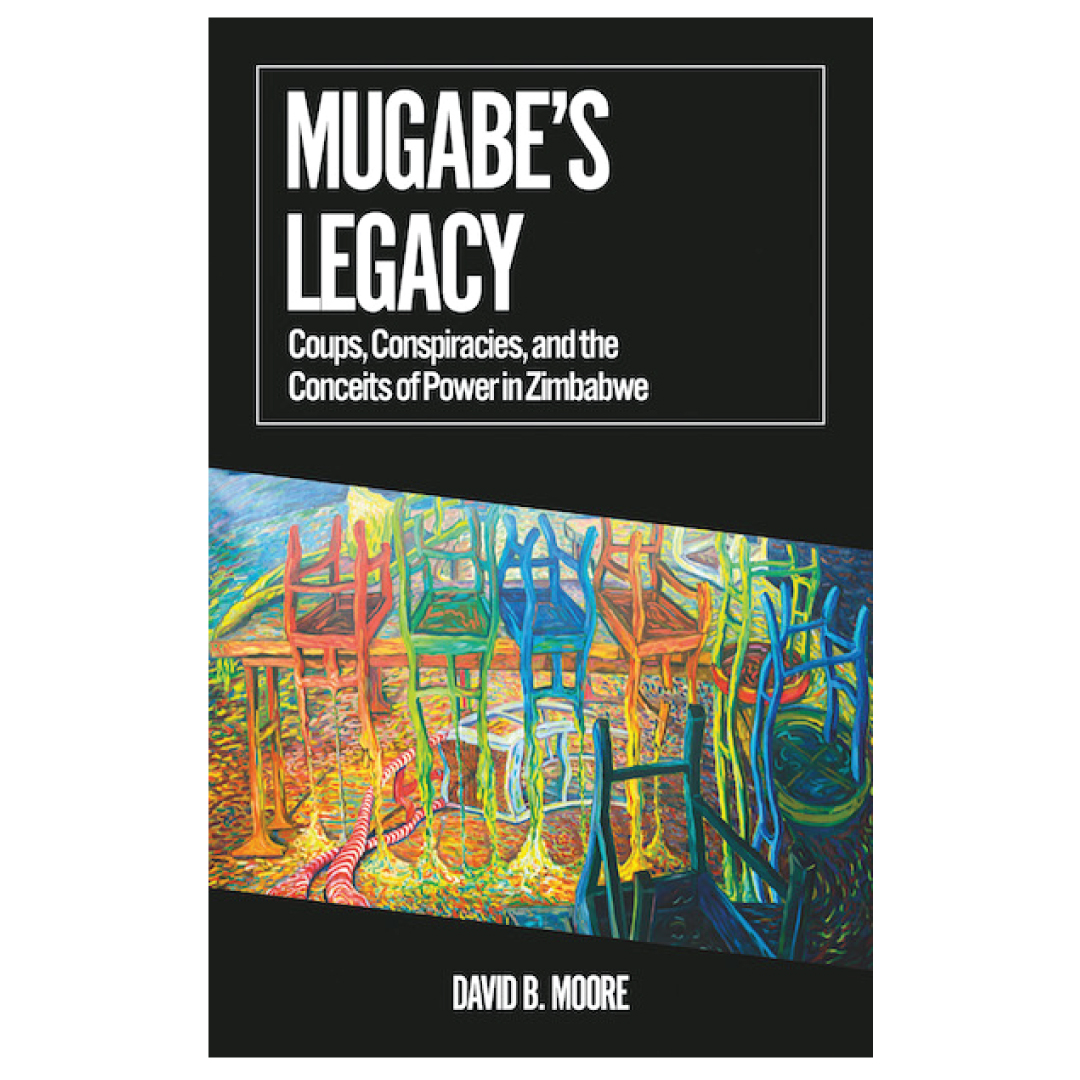Excerpt from Moore’s Mugabe’s Legacy: Coups, Conspiracies, and the Conceits of Power in Zimbabwe
Main Article Content
Abstract
After an attempt at a theoretical and contextual introduction to Mugabe’s Legacy, I dug into the main menu with something akin to the mainstay of Joost Fontein’s nearly simultaneously published book on the politics of death in Zimbabwe: a death. I am sure Joost
would agree that such a denouement hardly means ‘the end’. My end-that-is-a-new-beginning entailed the somewhat magical way I discovered that Robert Mugabe had indeed reached the final point of his mortal coil, and my recounting of Stephen Groote’s hastily rallied Zimbabwean éminence activistes grises’ epitaphs on SAFM’s Sunrise. Surprisingly (to me), none of them mentioned in other than laudatory mode Mugabe’s learning many of his trade’s tricks during Zimbabwe’s liberation war. I tried to remedy some of such lacunae at the end of the interviews on that September 6, 2019 morning, but when writing the book discovered writer Percy Zvomuya’s historical delving reflected my interests. Zvomuya zeroed in on the mid-1970s moment Mugabe’s Legacy takes as integral to Mugabe’s political making: that being his ability to get rid of those he thought challenged him. Zvomuya’s never-erring literary marksmanship hit on some remarkable writers’ takes on history and politics, including Graham Greene, one of African Arguments brilliant managing editor Stephanie Kitchen’s favourites. I brought Zvomuya and his interpretations to my story in these excerpts: I owe him the book’s
literary legacy.
Article Metrics Graph
Metrics
Article Details

This work is licensed under a Creative Commons Attribution-NonCommercial 4.0 International License.

